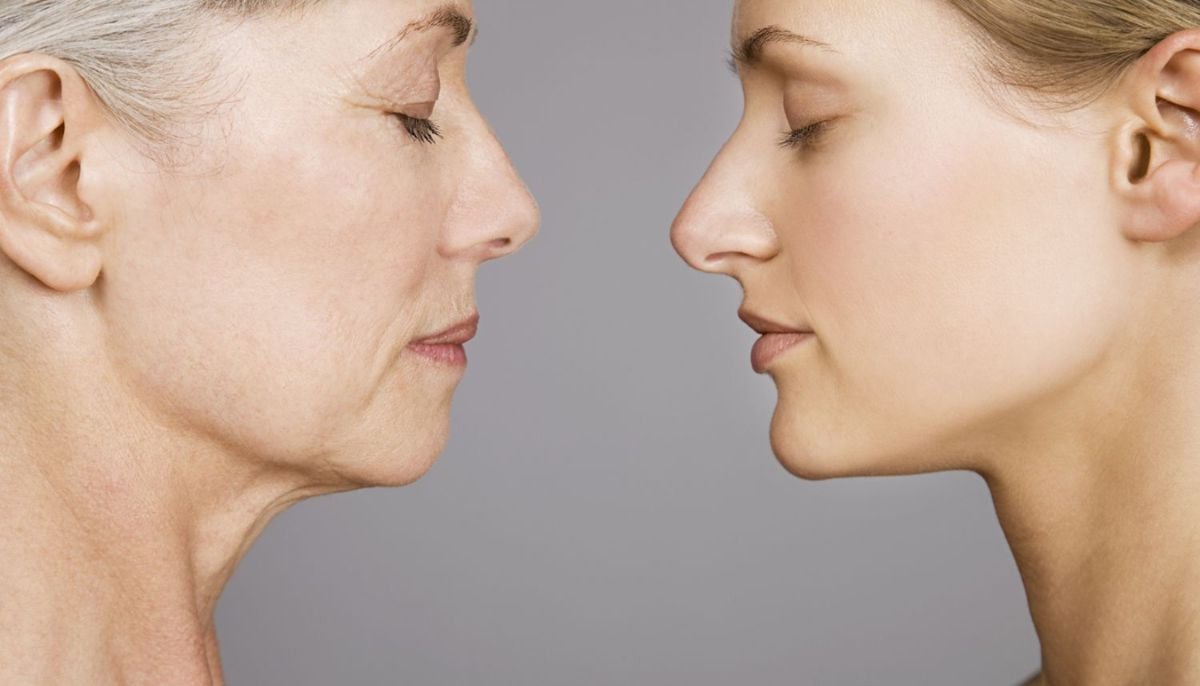What triggers itchiness in skin conditions like eczema?
A breakthrough research could potentially help treat itches in inflammatory skin conditions
The discomfort from an itch, especially the one you experience in eczema or dermatitis, is like no other and it seems to only be relieved once it is scratched.
However, despite the temporary relief it gives, excessive scratching can damage the skin, leading to inflammation and further exacerbating the very irritation one seeks to alleviate.
Harvard Medical School scientists, in a recent study published in the journal Cell, discovered that bacteria can trigger itch by activating nerve cells in the skin.
Their breakthrough discovery could potentially help treat itches in inflammatory skin conditions like eczema and dermatitis, Axios reported.
"Up until now, the itch that occurs with eczema and atopic dermatitis was believed to arise from the accompanying inflammation of the skin," according to a statement accompanying the study.
However, the new findings show that Staph aureus, a common bacterium, "single-handedly causes itch" by releasing an enzyme that "culminates in the urge to scratch."
According to the National Eczema Association, about 31.6 million people in the US have some form of eczema, with the prevalence peaking during early childhood.
A key finding of the research, that scientists based on mice and human cells, occurred when they discovered that using an already approved anticlotting drug that blocks a protein called PAR1 stopped itching in mice.
"We've identified an entirely novel mechanism behind itch — the bacterium Staph aureus, which is found on almost every patient with the chronic condition atopic dermatitis," said study co-author Isaac Chiu, an associate professor of immunology at Harvard Medical School.
"We show that itch can be caused by the microbe itself."
Meanwhile, according to Stat News, Brian Kim, a physician-scientist at Icahn School of Medicine at Mount Sinai who was not involved in the study, said that this was among the first research to show a "clear mechanism" between itching and bacteria.
"It kind of makes you wonder ... what else did we miss?"
Researchers at Harvard are planning to further investigate if other microbes can trigger itch, and may explore the reasons behind a microbe causing itch and its evolutionary implications in the future.
"We know that many microbes, including fungi, viruses, and bacteria, are accompanied by itch but how they cause itch is not clear," Chiu said.
-
Lewis Capaldi details 'impact of Tourette' on his career
-
Christina Applegate struggles to leave bed amid multiple sclerosis battle
-
Demi Lovato bravely admits she is ‘not ashamed’ of having bipolar disorder
-
Can humans reverse aging? Harvard scientist predict revolutionary breakthrough
-
How Liam Payne’s death impacted awareness about mental health
-
Taylor Swift expresses how negative body comments triggered her
-
Lady Gaga details how eating disorder affected her career: 'I had to stop'
-
Celebrities who struggle with infertility












